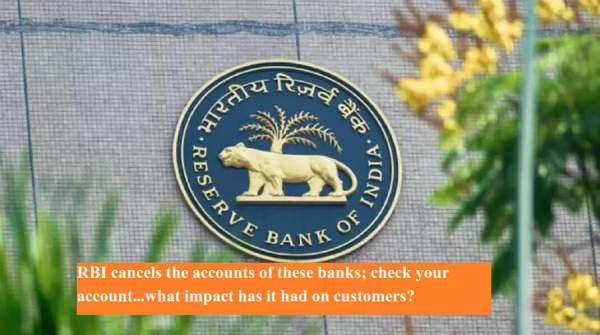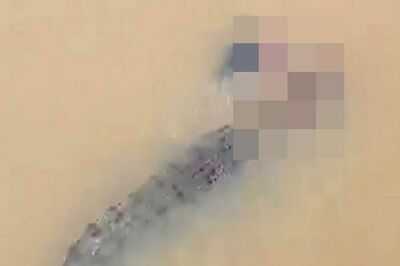
RBI Cancels License of Jijamata Mahila Sahakari Bank: Here’s How It Affects Customers and Their Deposits
The Reserve Bank of India (RBI) has cancelled the license of Jijamata Mahila Sahakari Bank, a Satara-based cooperative bank, citing its weak financial condition, lack of sufficient capital, and no viable prospects for earning. The central bank stated that the bank’s continued operation would have been detrimental to the public interest due to its deteriorating performance and inability to meet regulatory norms.
Why RBI Cancelled the Bank’s License
According to RBI, Jijamata Mahila Sahakari Bank had been struggling for several years. This is not the first time its license has been revoked — it was previously cancelled on June 30, 2016, but reinstated on October 23, 2019 after an appeal.
During that period, the appellate authority had ordered an audit of the bank’s 2013-14 financial year accounts. RBI even appointed a forensic auditor to assess the bank’s finances. However, due to non-cooperation from the bank, the audit could not be completed.
As a result, the bank’s financial health continued to worsen, leaving it unable to meet minimum capital adequacy requirements or assure depositor safety. Given the persistent decline, RBI finally decided to permanently revoke its banking license, marking the end of its operations.
What Happens After the License Cancellation
With the license now revoked, Jijamata Mahila Sahakari Bank cannot carry out any banking operations — including accepting new deposits, renewing fixed deposits, or repaying old ones.
The bank will now enter the liquidation process, where the Registrar of Cooperative Societies (Maharashtra) will appoint a liquidator to oversee the distribution of remaining assets and handle depositor claims.
What It Means for Customers and Depositors
Although the cancellation may sound alarming, there is a major relief for customers. Deposits in the bank are insured under the Deposit Insurance and Credit Guarantee Corporation (DICGC) scheme.
As per the DICGC rules, each depositor is entitled to receive up to ₹5 lakh as insurance coverage for the sum of their deposits — including both principal and interest — across all accounts held in the same bank.
According to RBI’s data, 94.41% of the bank’s total deposits are covered under this ₹5 lakh insurance protection. This means a majority of depositors will get their full money back, even though the bank itself will cease operations.
What Affected Customers Should Do Next
Depositors are advised to file their DICGC claim once the liquidation process formally begins. Usually, DICGC settles insurance claims within 90 days of receiving complete depositor data from the liquidator.
To ensure a smooth process, customers should:
-
Keep bank passbooks, deposit receipts, and ID proofs handy.
-
Regularly check official notices from the Registrar of Cooperative Societies or the bank’s premises for claim submission dates.
-
Submit claims only through official channels and avoid intermediaries or agents.
Why RBI Takes Such Strict Action
RBI’s decision to cancel licenses of financially unstable cooperative banks aims to safeguard depositors’ interests and maintain stability in the financial system. Many small cooperative banks face issues like mismanagement, non-performing loans, and capital shortfalls.
By taking timely regulatory action, RBI prevents further erosion of public trust and ensures that depositors’ insured amounts are returned through DICGC without prolonged delays.
The Bigger Picture
The Jijamata Mahila Sahakari Bank case underscores the fragile condition of some cooperative banks in India. Over the past few years, the central bank has cancelled several such licenses to strengthen the financial ecosystem and encourage better governance.
For depositors, this serves as a reminder to choose regulated, well-rated banks for their savings and periodically monitor financial health indicators like capital adequacy and asset quality.
In summary:
RBI’s move to cancel Jijamata Mahila Sahakari Bank’s license stems from its worsening financial health and capital inadequacy. While the bank will now undergo liquidation, depositors need not panic — thanks to DICGC’s ₹5 lakh insurance coverage, over 94% of customers will recover their money safely through the official claim process.
-
Delhi DSSSB Announces Recruitment for 5,346 TGT Positions

-
Current TDB members have no connection with Unnikrishnan Potty: Board president

-
Horror moment crocodile drags woman down river after snatching her as she bathed

-
Horror moment crocodile drags woman down river after snatching her as she bathed

-
Indore Commodities Buzz Of October 8: Price Of Gold, Silver And Pulses-- All You Need To Know
